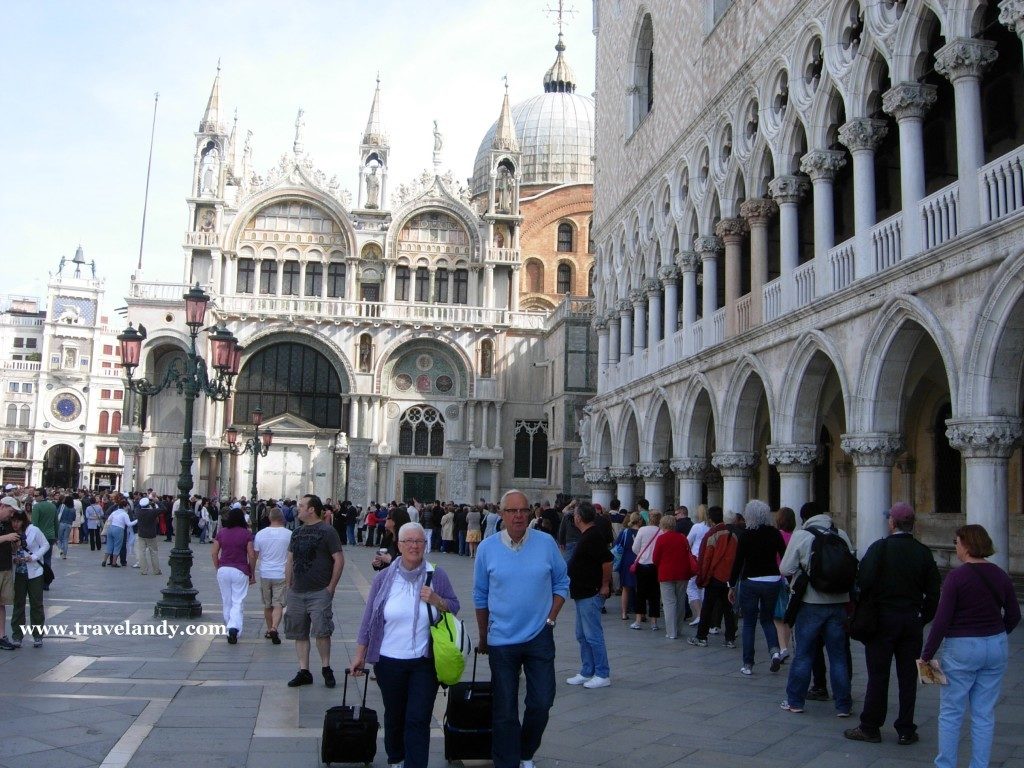
Barcelona, Dubrovnik, Venice and Edinburgh. What do these European cities have in common? All of them either have or are in the process of imposing taxes on tourists.
Having tourists pay taxes to the local administration is not a new thing. And why shouldn’t they?
Why a tourist tax?
People who visit a place use local roads and pavements there, generate garbage, take up space in local transport, and avail the help of the police if needed. It is the local community that ultimately pays for all this.
Many tourist sites in different parts of the world also charge much more for tickets from foreign tourists than those from the country.
[ALSO READ: Italy tourism minister calls Venice tourist tax ‘useless and damaging’]
People in favour of this argue that those who can travel to a foreign country are able to pay that much. The money, they argue, eventually goes to the local community or development of tourism infrastructure.
Perception
A very important thing about the tourism industry (and many others for that matter) is perception. People want to go somewhere because they have read/heard good things about it and think they would have a good time if they visit.
It’s like preferring an established brand. Let’s say you prefer toothpaste A over toothpaste B and wouldn’t mind even if A is a little bit costlier than B. But let’s say, A suddenly starts charging from its customers an ‘employee benefit surcharge’ that makes it even more costlier. Would you still stick to A or start inching towards B?
Coming back to the real issue, some visitors might be thinking on these lines — “I am already spending so much on hotels/restaurants during my visit. Why should I have to pay more in the form of tourist tax?”
[ALSO READ: Edinburgh could become the first UK city to impose a tourist tax]
But then, every tourist has an personal opinion on tourist tax but what the authorities have to predict right is what percentage would consider it putting-off enough to change their perception of the destination as a brand.
The big picture
The Italian tourism minister has spoken out against Venice imposing a tourist tax. He called it “useless and damaging”.
“Do we want to be a country that repels tourists?” he wrote on Twitter.
This is sheer lack of coordination between the authorities and does not augur well for Venice as a brand. For destinations that are as big a brand as Venice and Barcelona, there is the need for the concerned authorities to sit together and chalk out their long-term goals.
The last thing they want is contrasting voices from the government confusing tourists.
Do the authorities want to limit the number of tourists visiting a particular destination because of the lack of infrastructure to handle their sheer number? Do they want only high-end tourists and discourage the low-spenders? Or does it make sense to make the destination welcoming for everyone and equip it with the infrastructure required to handle the tourist volume?
The decision-makers must have very clear answers to these questions and that should reflect in their actions. This is in the interest of both the local community and the tourists.



